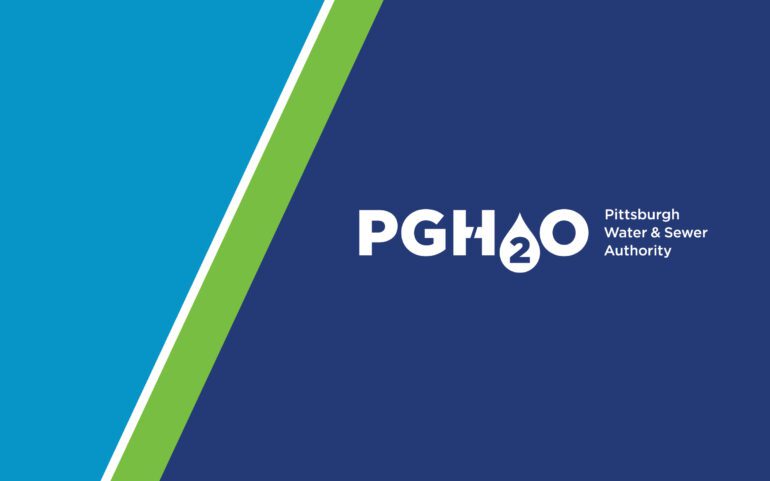TL;DR:
- Pittsburgh Water and Sewer Authority (PWSA) adopts machine learning for automating customer service emails.
- Y Meadows’ automation solution aids in providing quick responses to common inquiries.
- PWSA’s customer service handled 25,120 emails in 2022, prompting the implementation of a natural language processing software.
- The software model efficiently addresses nearly 50% of incoming inquiries, allowing personnel to focus on personalized interactions.
- Unlike chatbots, the system uses machine learning and natural language processing to generate tailored responses based on customer inquiries.
- Y Meadows’ system handles tasks such as tenant applications, change of address requests, and service interruption reports.
- The integration of technology in customer service aligns with PWSA’s commitment to enhance customer experiences.
Main AI News:
In a bid to revolutionize customer service communication, the Pittsburgh Water and Sewer Authority (PWSA) has harnessed the power of machine learning technology. This strategic move aims to automate and expedite responses to customer inquiries, significantly enhancing the customer experience. PWSA has partnered with Y Meadows, a pioneering force in customer service automation solutions, to deploy this cutting-edge system.
The year 2022 saw PWSA’s Customer Service department grappling with a substantial influx of 25,120 emails sent to [email protected]. Recognizing the pressing need for improved responsiveness, PWSA took a pivotal step by implementing robust natural language processing software. This software swiftly identifies and categorizes common message types from customers, enabling efficient and accurate responses.
Introduced in July 2022, the software model has rapidly evolved to handle nearly half of all incoming inquiries. By deftly addressing routine matters, it liberates customer service personnel to proactively engage with customers on a diverse range of subjects. This transformational shift not only expedites query resolution but also signifies PWSA’s commitment to leveraging technology for exceptional customer service.
Traditionally, every email received by the Customer Service team entailed manual processing, diverting valuable resources toward categorization and routing. Yet, a substantial number of these messages could be efficiently handled through standardized responses. This new era of technology enables PWSA to optimize its operations, responding to routine inquiries with precision while reserving personalized attention for unique cases.
Will Pickering, the forward-looking CEO of PWSA, articulated, “As we embark on our journey to become a paragon of excellence in the realm of water utilities, technological advancements take center stage. The integration of the machine learning model and the Customer Advantage portal mirrors our resolute dedication to enhancing the customer journey through technology-driven solutions.”
Operational Insights into the Software Model
Delving into the mechanics of this innovative software, the model adeptly comprehends the nature of a customer’s query. If the query aligns with predefined message categories, the model responds promptly, ensuring swift resolution. Additionally, it efficiently directs queries to the appropriate department for further evaluation, streamlining the entire process.
Y Meadows, the visionary behind this advanced system, has meticulously programmed it to address a myriad of requests. From tenant applications and change of address notifications to customer-sent attachments and refund applications, the system adeptly handles a diverse array of scenarios. It even expedites urgent matters by routing emails directly to Dispatch, guaranteeing an expedited response.
This bespoke software solution marries the prowess of machine learning and natural language processing, offering an unparalleled capacity to comprehend and act on PWSA customers’ written communications. Unlike conventional chatbots that follow scripts, this system derives insights from each query to generate relevant, tailored responses.
Julie Mechling, the Director of Customer Service at PWSA, affirmed, “Our customers rightfully expect precise and timely communication, and these principles underscore the very essence of PWSA’s Customer Service department. By adopting this advanced software model, we not only truncate customer wait times but also fortify consistency in addressing routine queries. Technological integration, when executed thoughtfully, emerges as an invaluable ally in effective customer communication.”
Conclusion:
PWSA’s integration of machine learning and natural language processing in customer service emails exemplifies its commitment to enhanced customer experiences. By significantly streamlining inquiry resolution, PWSA sets a precedent for leveraging technology to optimize operations and bolster customer engagement in the utility sector.

